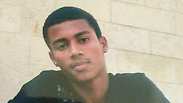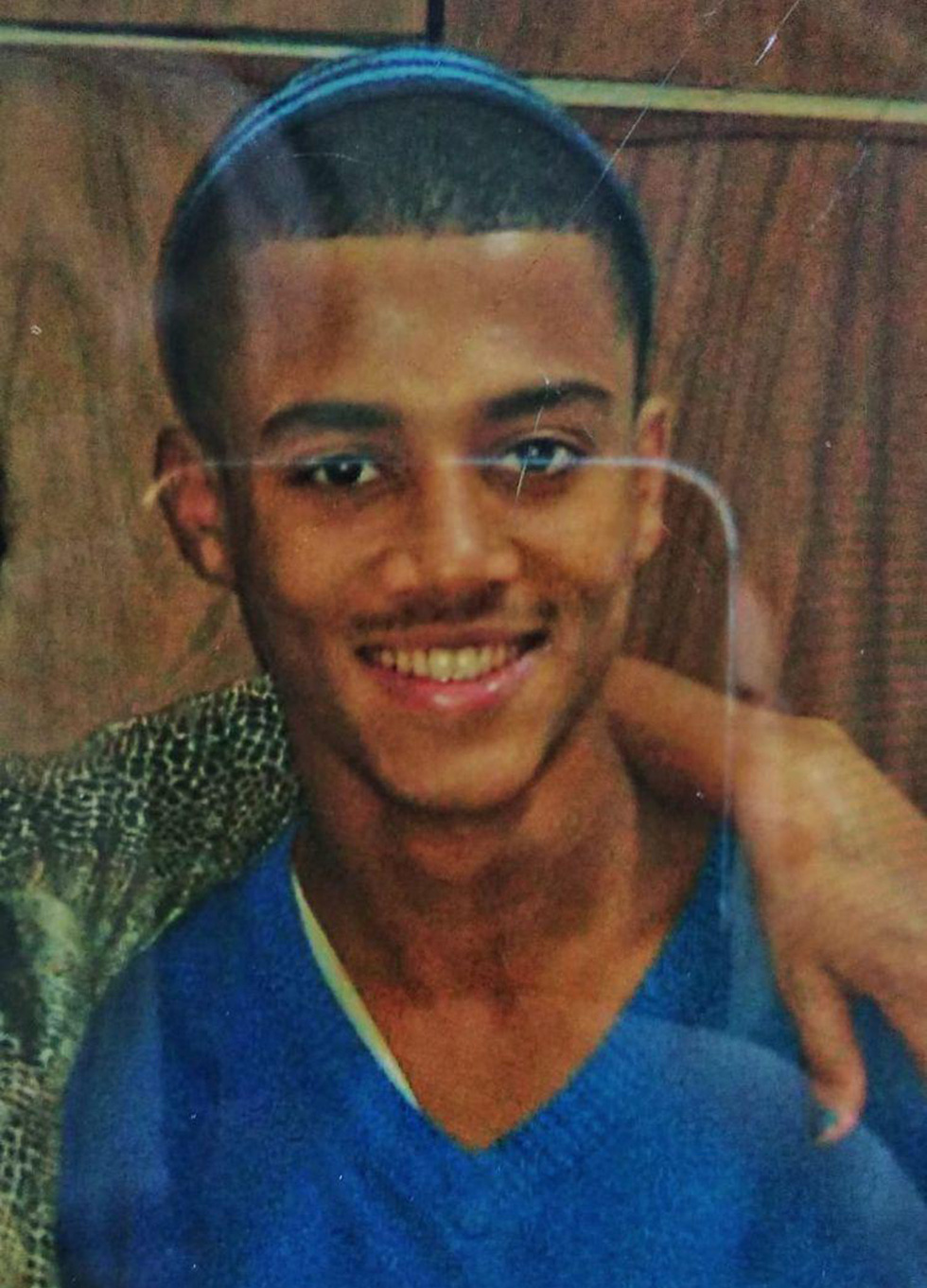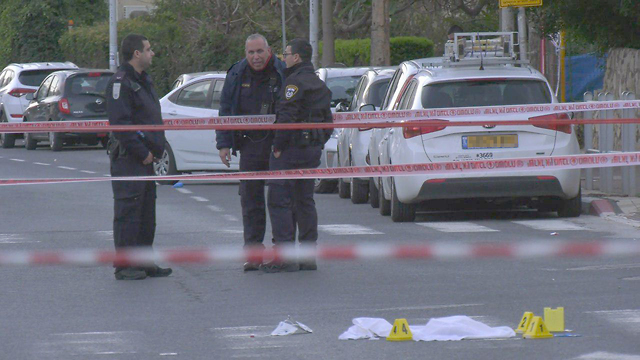
Yehuda Biadga was shot dead on Friday by a policeman who was supposed to protect him. He was shot dead because he is black, not because he was dangerous.
Let's assume for a moment that the young man, who struggled with a mental disorder, put a policeman or someone else at risk. Why did the policeman approach him if he saw Biadga was holding a knife? Why didn't he neutralize the suspect by shooting him in the legs or lower body?
I am proud to be a citizen of a country where people think twice before pointing a gun at someone. I am proud that in Israel, if you are not sure the suspect is dangerous, you shoot him in the legs.
But this is not what happened with Yehuda Biadga. This incident frustrates the Ethiopian community especially in light of recent efforts made by local authorities to change the attitudes towards the community and fight discrimination and racism.
But as it turns out, racism, discrimination, and trigger-happy hands are still at large, and the Ethiopian community has to pay the price— in blood.
I have four children. They are Sabras (Israelis born in the country), they are beautiful, and they are black. And I'm scared. I am afraid to bring them up into this world knowing that a policeman has shot dead a mentally ill Ethiopian man. This is a badge of shame for Israeli society, and a badge of shame for the police —which, to this day, have failed to understand that one's skin color does not pose a danger to society.
The police are supposed to protect the Ethiopian community just like they protect other communities. Harassing Ethiopians because they are suspicious of anyone who has a black complexion is not part of their job description. This time, the police have crossed a red line.
Policemen should treat people with dark skin and frizzy hair as equal citizens. If up until now they were treated as immediate suspects, what happened on Friday was a step up: now you're allowed to shoot them dead, without warning.
Someone has to stand up and say something. To claim that the matter is being examined by the Police Internal Investigations Department is just throwing dust in our eyes. It's like giving aspirin to a cancer patient— a cancer of growing racism.
I write these lines from South Africa, a country where racism has been part of life for many years. These displays of racism, in Israel, are like a bullet to my own chest.


















